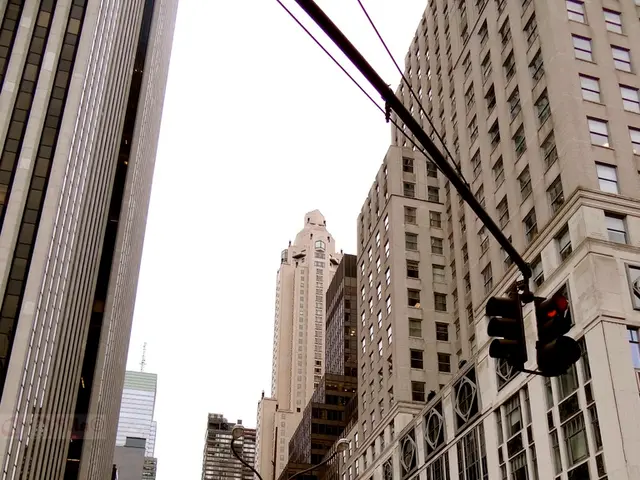Poland Leads European Battery Recycling Boom
Poland is rapidly emerging as a European leader in battery recycling, driven by substantial government and EU funding initiatives. The country's strategic positioning and compliance with EU regulations, such as the Critical Raw Materials Act, are key factors in this development.
Poland's ascent in this sector is due to a combination of geographic advantages, existing manufacturing infrastructure, and forward-thinking government policies. The country has already achieved impressive milestones, including becoming Europe's largest lithium-ion battery producer and contributing approximately 50% of the EU's total battery production capacity.
The strategic placement of Poland's battery recycling facilities maximizes logistical advantages while leveraging existing industrial infrastructure and talent pools. Elemental's facility is located in Zawiercie, while Ascend Elements plans to establish a plant in southwestern Poland. These projects are expected to create a significant number of new jobs, with an economic impact assessment indicating the creation of 250+ positions at Elemental's facility and 200+ expected jobs at Ascend Elements' plant.
Major recent funding initiatives for these projects include a €240 million government grant for Elemental Battery Metals and a proposed €320 million subsidy for Ascend Elements' planned facility. These funding mechanisms demonstrate a coordinated approach between EU policy objectives and Polish economic development goals, creating a supportive ecosystem for battery recycling breakthrough innovation. The deployed technologies, including black mass processing capabilities and lithium-ion battery recycling technologies, are designed to maximize material recovery while minimizing environmental impacts.
Poland's strategic move aligns with Europe's critical raw materials transition objectives and responds to growing demand for sustainable battery production solutions. By positioning itself at the forefront of the circular economy and developing high-value technical expertise, Poland is not only addressing environmental concerns but also contributing to the EU's strategic materials independence.
Read also:
- Aiming to simplify the move towards cleaner automobiles, the newly established ministry plans to take direct action with Pannier-Runacher, Létard, and Vautrin at the helm.
- "The imperfect yet essential documentary, "Planet of the Humans," raises challenging and uncomfortable inquiries"
- Exciting Escapades of Tintin
- More than half of British homes adhere to insulation standards established during the 1970s.








